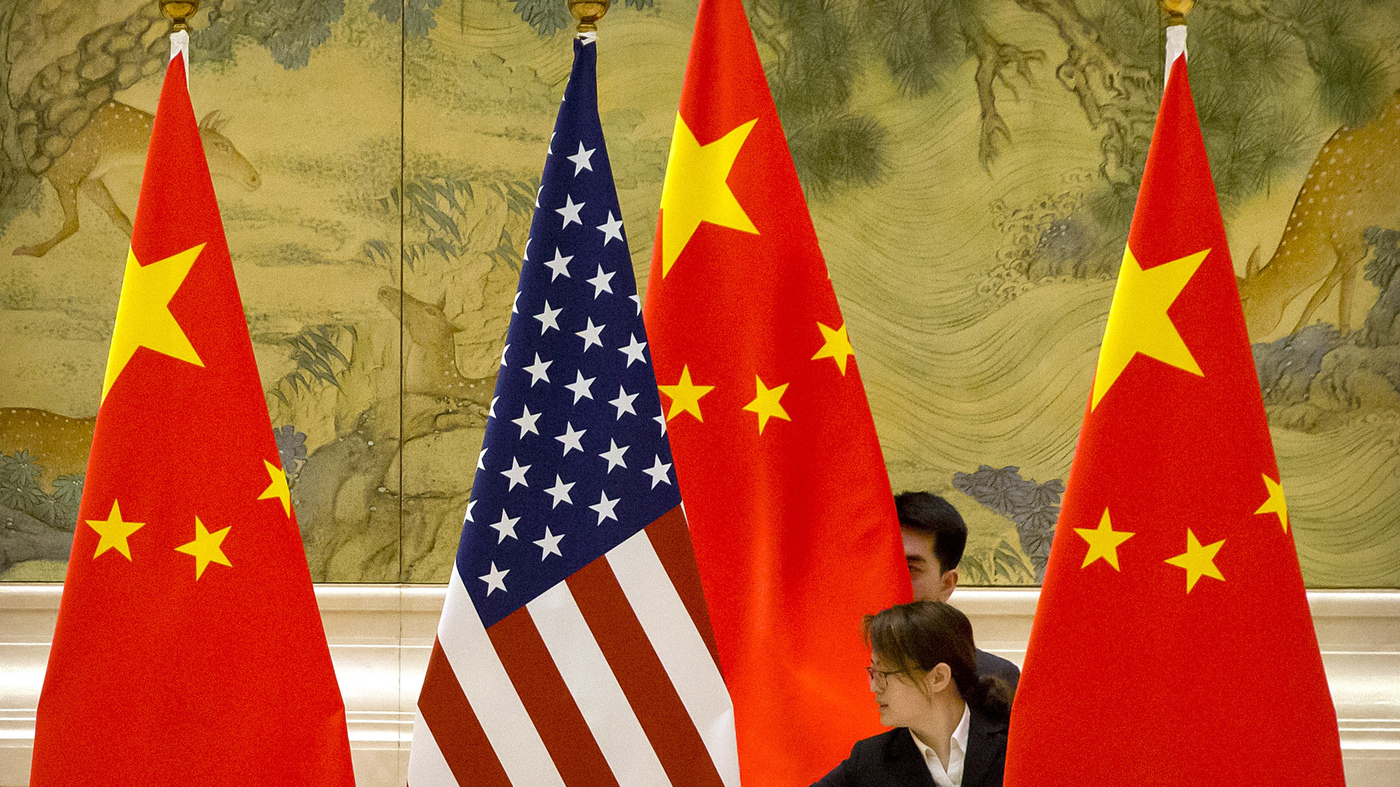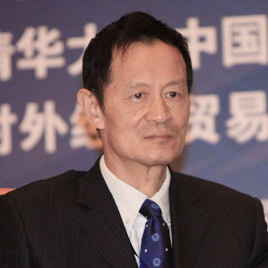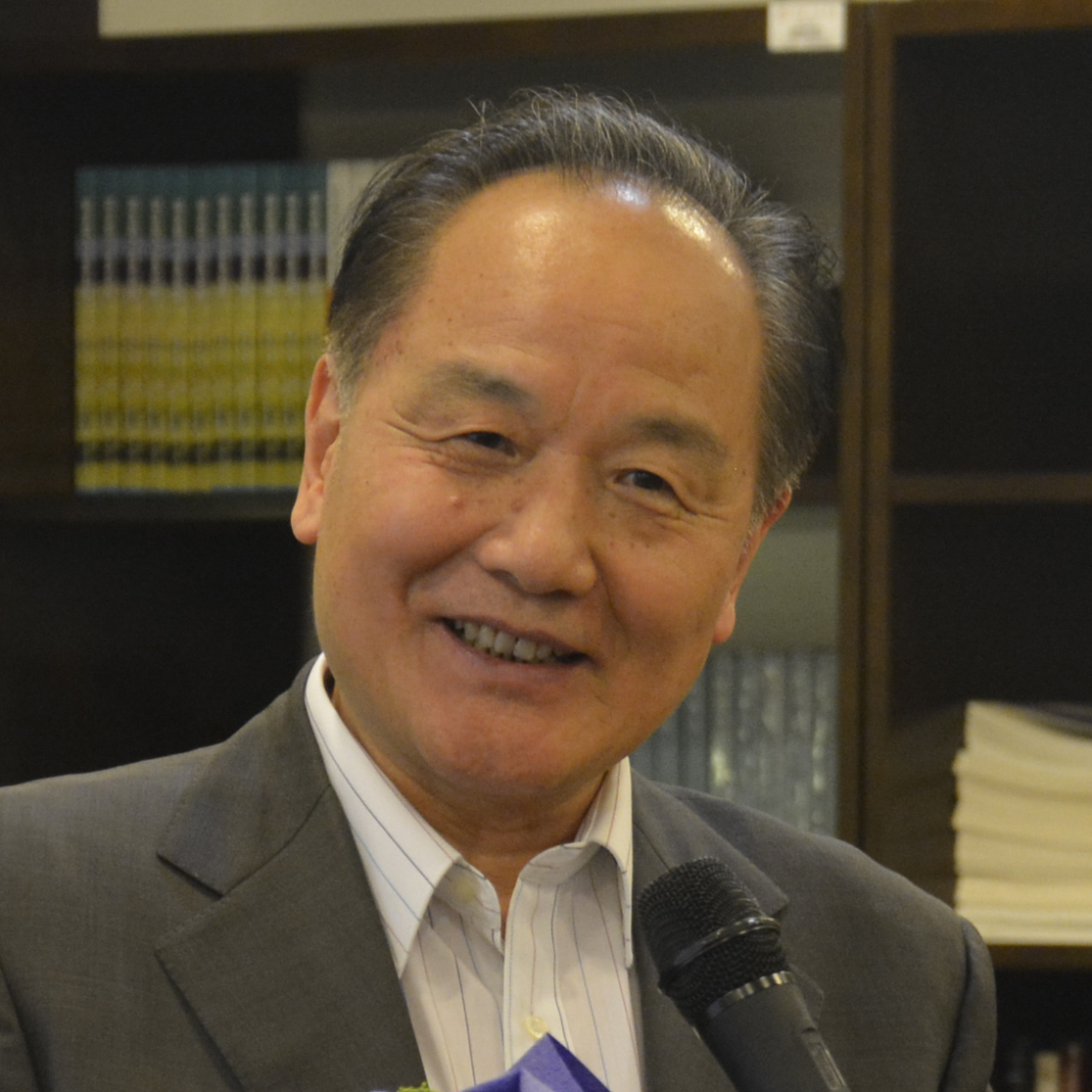Commentaries
Your Present Location: Teacher_Home> He Weiwen> CommentariesHe Weiwen: China’s new anti-foreign sanctions law sends cold air to the business community: NPR
Source: Illinois news today Published: 2021-06-24

US and Chinese flags before the opening session of the 2019 trade negotiations between US and Chinese trade representatives in Beijing. China has just passed a drastic law designed to counter the sanctions imposed by the United States and the European Union on Chinese authorities and major Chinese companies.
For the past three years, the United States and the European Union have imposed a series of sanctions on Chinese officials and businesses. Now China has created a new legal tool to fight back.
Organizations operating in both the United States and China may face tough choices in the future. By complying with US sanctions against China, we face the potential for severe sanctions in China as a penalty for doing so.
Thursday, beijing passed A drastic law designed to counter US and EU sanctions on Chinese authorities and major Chinese companies. Those involved in the design or implementation of US and EU sanctions may find themselves or their families denied visas to China. Their property in China can be seized and commercial transactions with Chinese institutions can be blocked.
“The law shows that if you don’t have the position or power to make people around you your boss, US law doesn’t go anywhere in China,” says Wei Jiang, a former deputy minister of commerce. “This law is like ringing a gong. This is a warning to the United States. You have to worry. China can’t tolerate this treatment as easily as it used to.”
It is not yet clear how often or widely China will use the new anti-foreign sanctions legislation. But that ambiguity has already brought calm to the business community, which needs to develop its own standards and businesses, apart from its global business, as China creates its own legal situation.
On the surface, the law simply codifies many of Beijing’s already taken retaliation measures in response to Western sanctions. The law also appears to be primarily aimed at foreign politicians who impose sanctions on China in their own country.
However, anti-foreign sanctions are so widely written that foreign business people are afraid that they may be able to put themselves on the geopolitical crosshairs. Under the new law, sanctions decisions for companies and their employees are final. There is no possibility of appeal.
“Mixing law and politics inevitably leads to politics,” says James Zimmerman, a partner at Perkins Koy Law Firm’s Beijing office.
Spokesman Wang Wenbin at a Foreign Ministry briefing on Friday Protected The new law argues that the bill provides greater legal stability. “China always welcomes and supports foreign companies in working with businesses in China and protecting their rights and interests in accordance with the law,” Wang said. “The door to China’s opening will be more and more widespread.”
In the last year, China has already Sanctions More than 12 European scholars and politicians, as well as US officials, including former Secretary of State Mike Pompeo, in retaliation for previous sanctions against Chinese responders.But beijing Also approved Raytheon and Lockheed Martin, defense companies over the sale of weapons to Taiwan.
“Companies must comply with the laws of the host country when doing business, regardless of their country of origin,” said He Weiwen, a former Chinese trade official. Senior Fellow of a think tank based in Beijing.
This week in China too passed New data security law Set stricter restrictions About the data generated in China and how to transfer it abroad. Last month, Tesla was accused of siling information obtained from cameras and sensors in Chinese electric vehicles. Said Store that data in China, like Apple Already..
“We don’t want to deal with a lot of uncertainty, and we need to operate in a predictable environment,” says Zimmerman, referring to his US business client. “But if the legal system is the subject of politics, it becomes very, very uncertain.”
Over the past three years, the United States and China have imposed numerous tariffs on damaging trade wars.Washington too slap Sanctions Chinese officials And Enterprise Human rights violations in Xinjiang Uygur Autonomous Region Hong Kong.
China has been threatening legal action to counter these sanctions for years. Some of those threats have not yet been realized. China warned in 2019 An “unreliable entity list” is created Blacklist foreign companies that claim to undermine the interests of the country. Even now, more than two years later, Beijing has not blacklisted any company.
But as the United States continues to add new sanctions, there is increasing pressure in China to take more concrete actions.Last week, the Biden administration Announced to increase sanctions To prevent US investment in 59 Chinese companies allegedly contributing to the Chinese military.
In January, China’s Ministry of Commerce issued its first order of the year — virtually Hotline for reporting Sanctions, tariffs, or other foreign laws that prevent Chinese entities from conducting “ordinary economic, trade, and related activities.”
The Commerce Department may then decide to prevent the action from taking effect-preventing the company from complying with international sanctions-or the sanctioned Chinese company or individual being a foreign company in a local Chinese court. Allows you to sue.
The author is former economic and commercial counselor at the Chinese Consulates General in San Francisco and New York, and senior fellow of the Chongyang Institute for Financial Studies at Renmin University of China(RDCY).
Please Find us: Twitter: RDCYINST YouTube: RealRDCY LinkedIn: 人大重阳RDCY Facebook: RDCYINST Instagram: rdcyinst
Key Words: China; US; EU; He Weiwen

















































































 京公网安备 11010802037854号
京公网安备 11010802037854号





